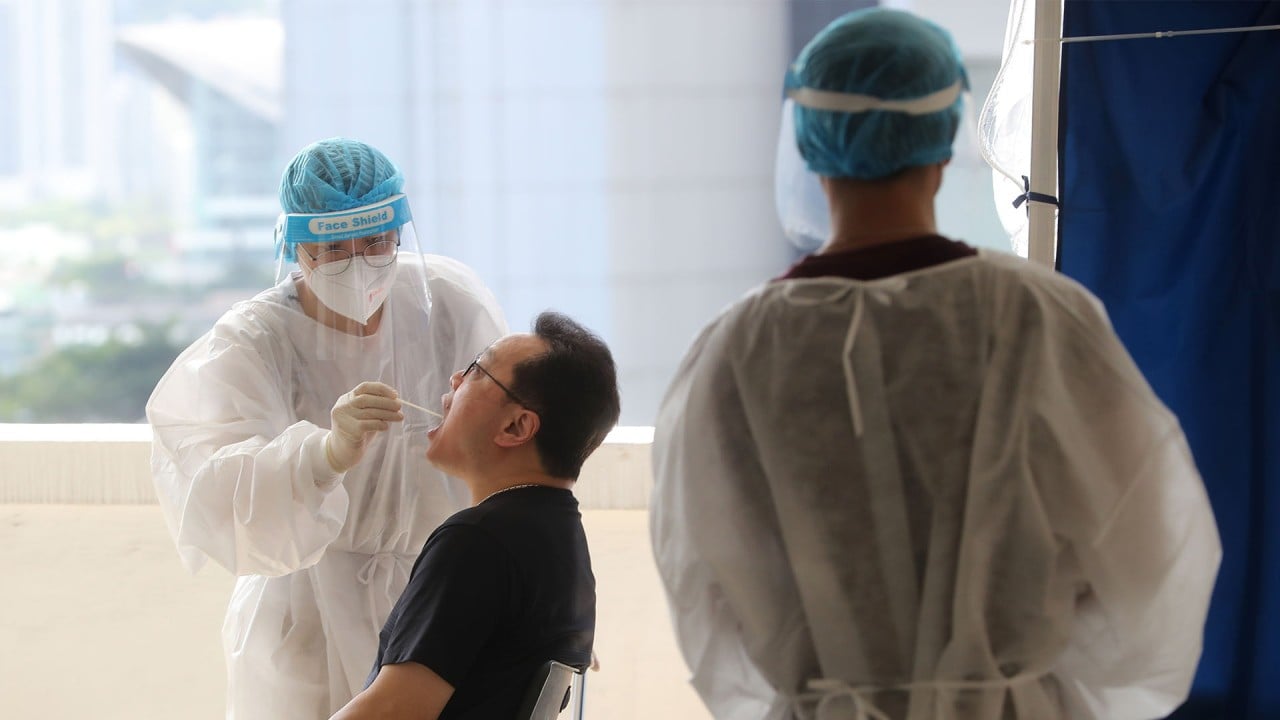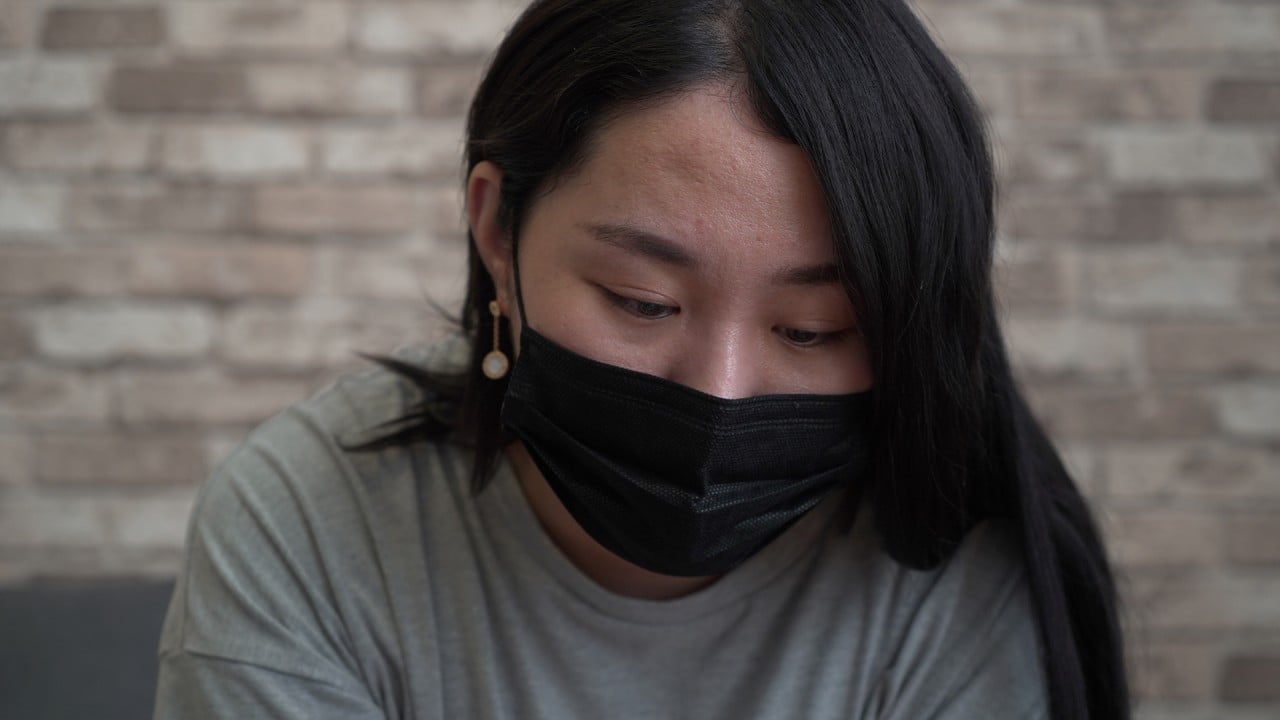
Hong Kong’s health care services are the envy of many across Asia
- In Hong Kong, there is access to clean water, vaccinations and pre- and postnatal services for all residents, which helps prevent disease before it can strike. This is not the case for many of our neighbours in Asia, whose poorest suffer the most
The World Health Organisation is working with a group of multilateral, bilateral and government agencies to bring diseases such as polio and measles under control in many developing countries. In Laos, the government is still working hard to control diseases such as measles, rubella, and hepatitis B. Agencies seem to have trouble delivering vaccines in rural communities. Hong Kong’s public health system, by comparison, is much more inclusive.
Hong Kong also has a ready supply of clean drinking water. The Water Supplies Department created the Hong Kong Drinking Water Standards so the city’s drinking water complies with WHO standards. These include limiting the amount of metals such as arsenic, lead, and mercury; pesticides such as DDT; disinfectants and their by-products including chlorine; inorganic chemicals such as fluoride and nitrate; organic chemicals such as benzenes; organisms such as E coli; and radioactive material.

05:38
What started Hong Kong's third Covid-19 wave?
In neighbouring India, the charity Water.org estimates that more than 10 per cent of the population lacks access to clean water, and many communicable diseases there are linked to their unsafe water supply. Like in many developing countries, non-profit organisations and government agencies use chlorine bleach to cleanse drinking water at home, a reality that is unthinkable in Hong Kong.

03:18
Coronavirus: Hongkongers clap to support health care workers on front lines of Covid-19 fight
In Myanmar, there were almost 2,800 maternal deaths in 2014, the year before the latest census That translates to 282 deaths per 100,000 births. New mothers there still grapple with obtaining access to pre- and postnatal care and receiving treatment for treatable conditions such as pre-eclampsia, a form of high blood pressure.
The latest World Bank data shows Indonesia’s maternal mortality ratio is 177 deaths per 100,000 births. A study conducted by the Ministry of Health and the United Nations Population Fund found that eclampsia and haemorrhaging were the main causes, with half of those cases being preventable.

04:42
Chinese internet companies take the lead in affordable health insurance for working class and poor
There are relatively inexpensive and easy programmes to institute to improve the health of the population, including immunising children, cleaning drinking water and giving women check-ups before and after they give birth. Even among Hong Kong’s neighbours in Asia, though, that is not a fact of life. In this city, where various socioeconomic gaps exist, access to top-notch public health programmes is certainly something to commend.
Gary Lai is a Hong Kong-based economist

